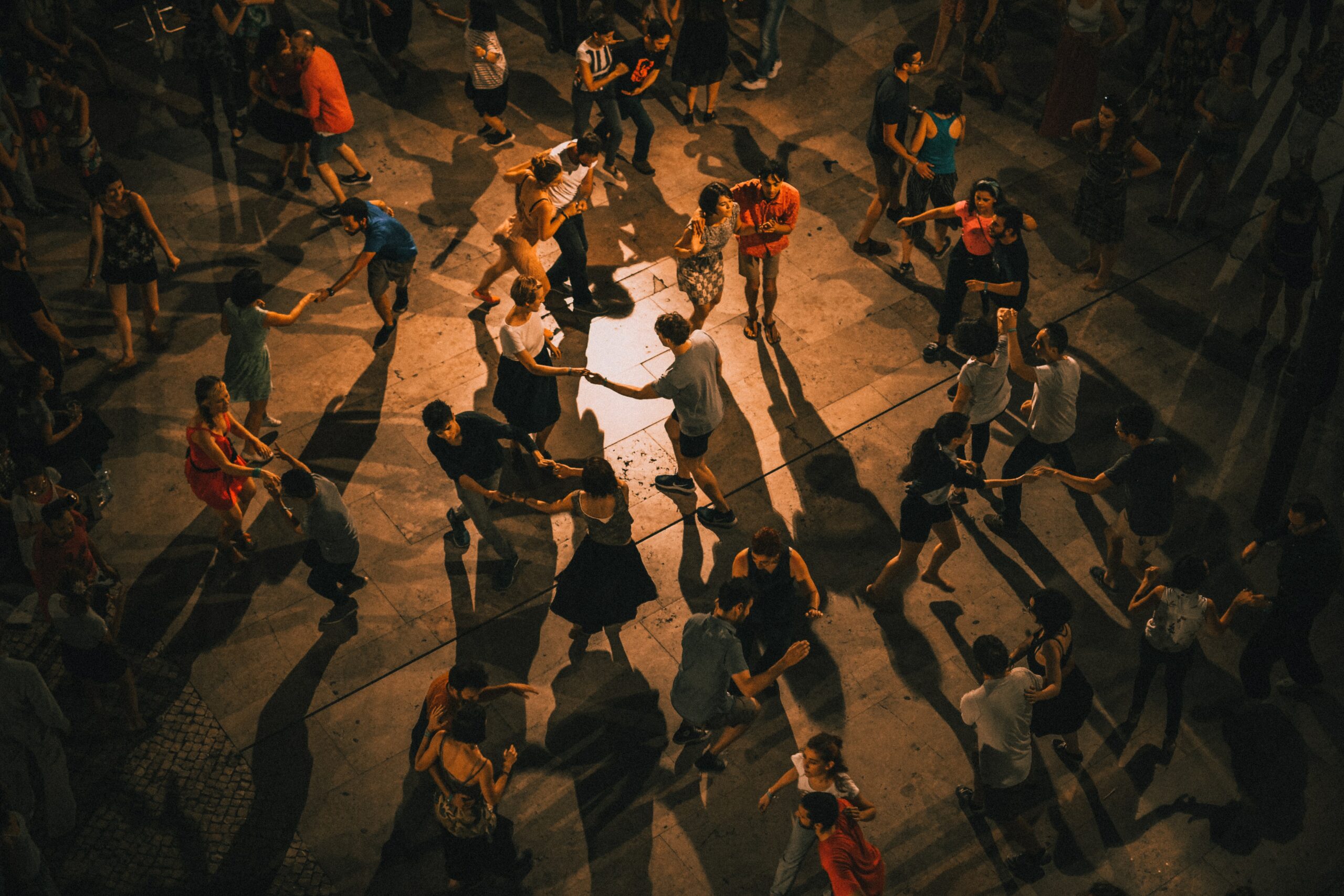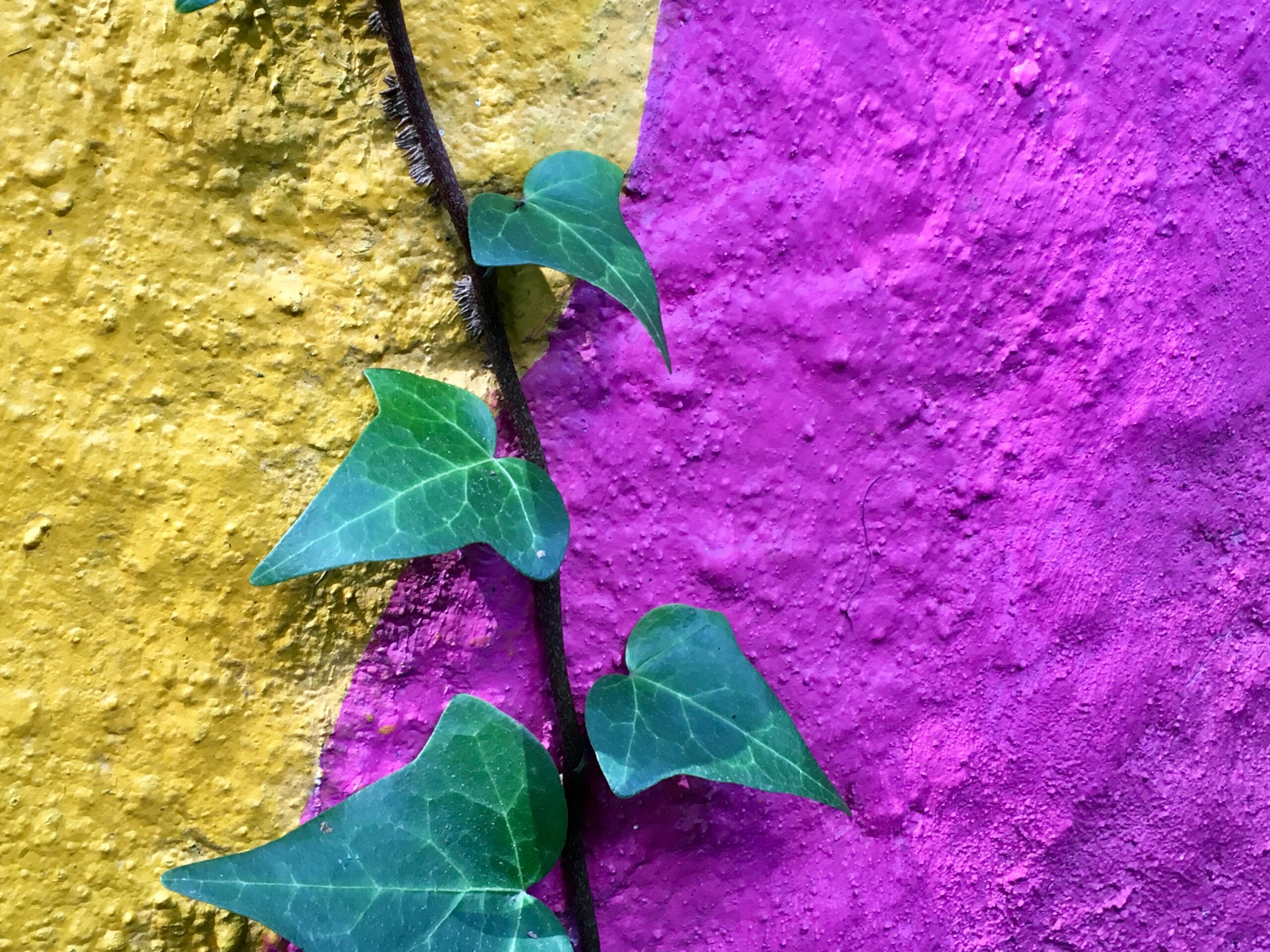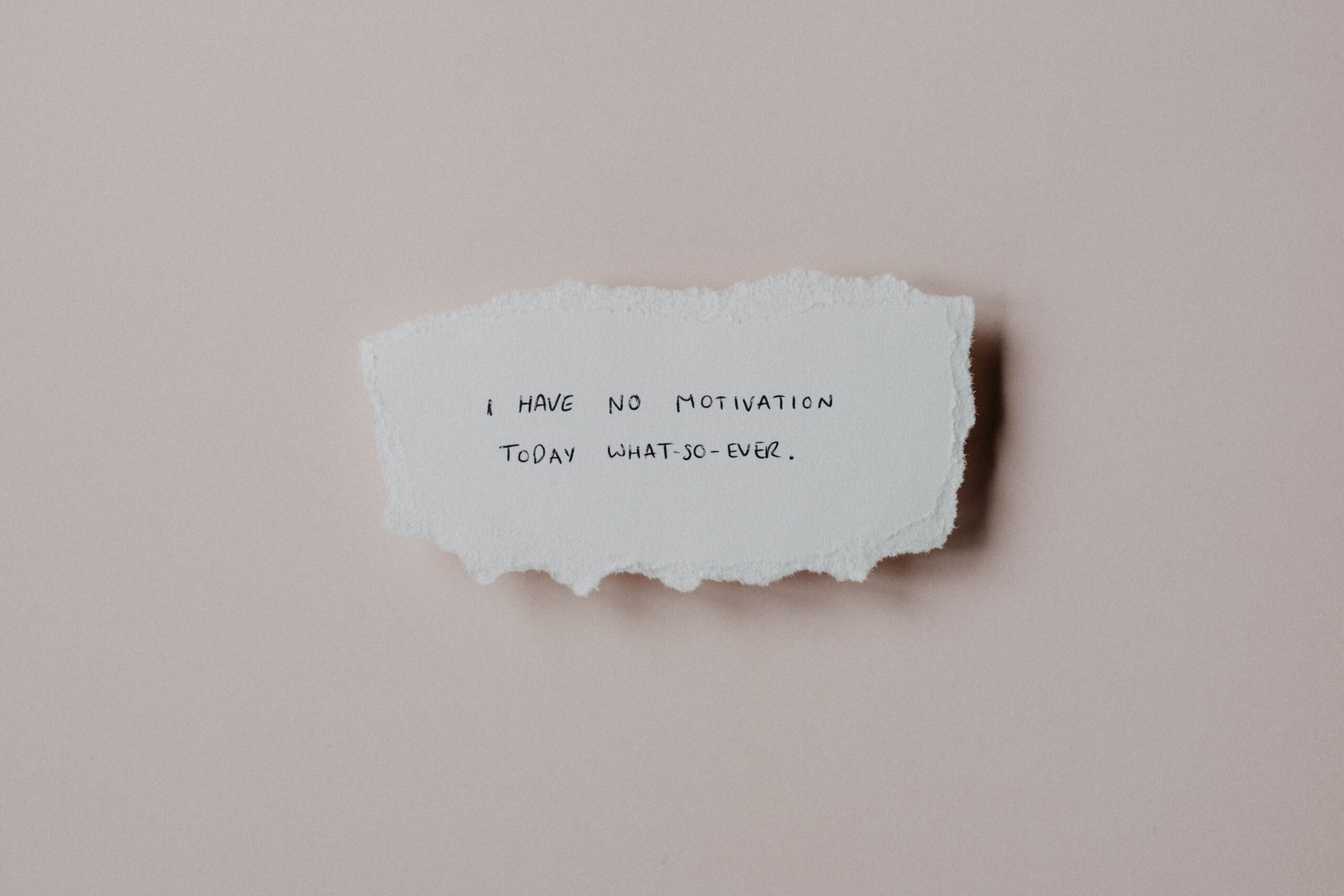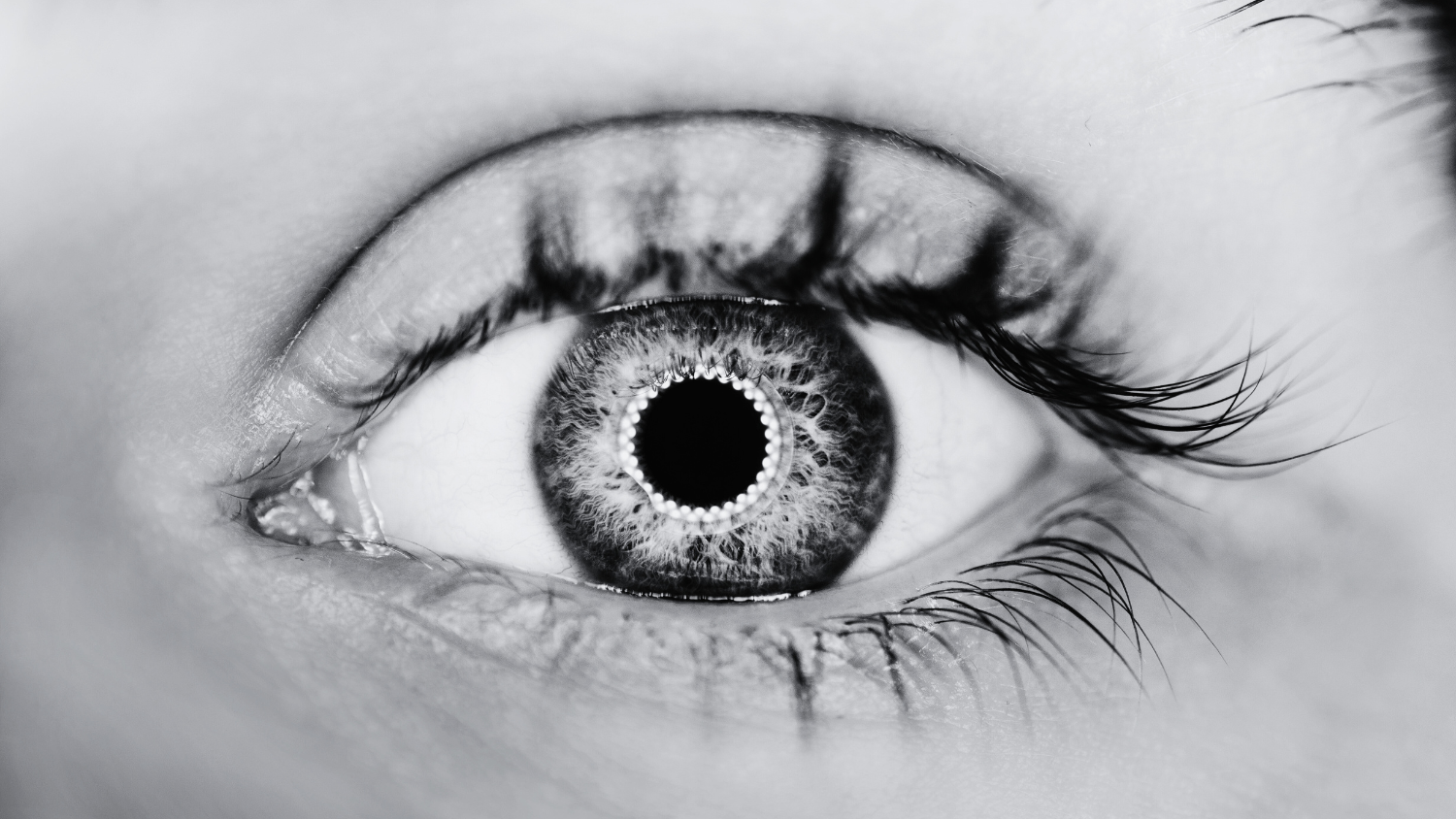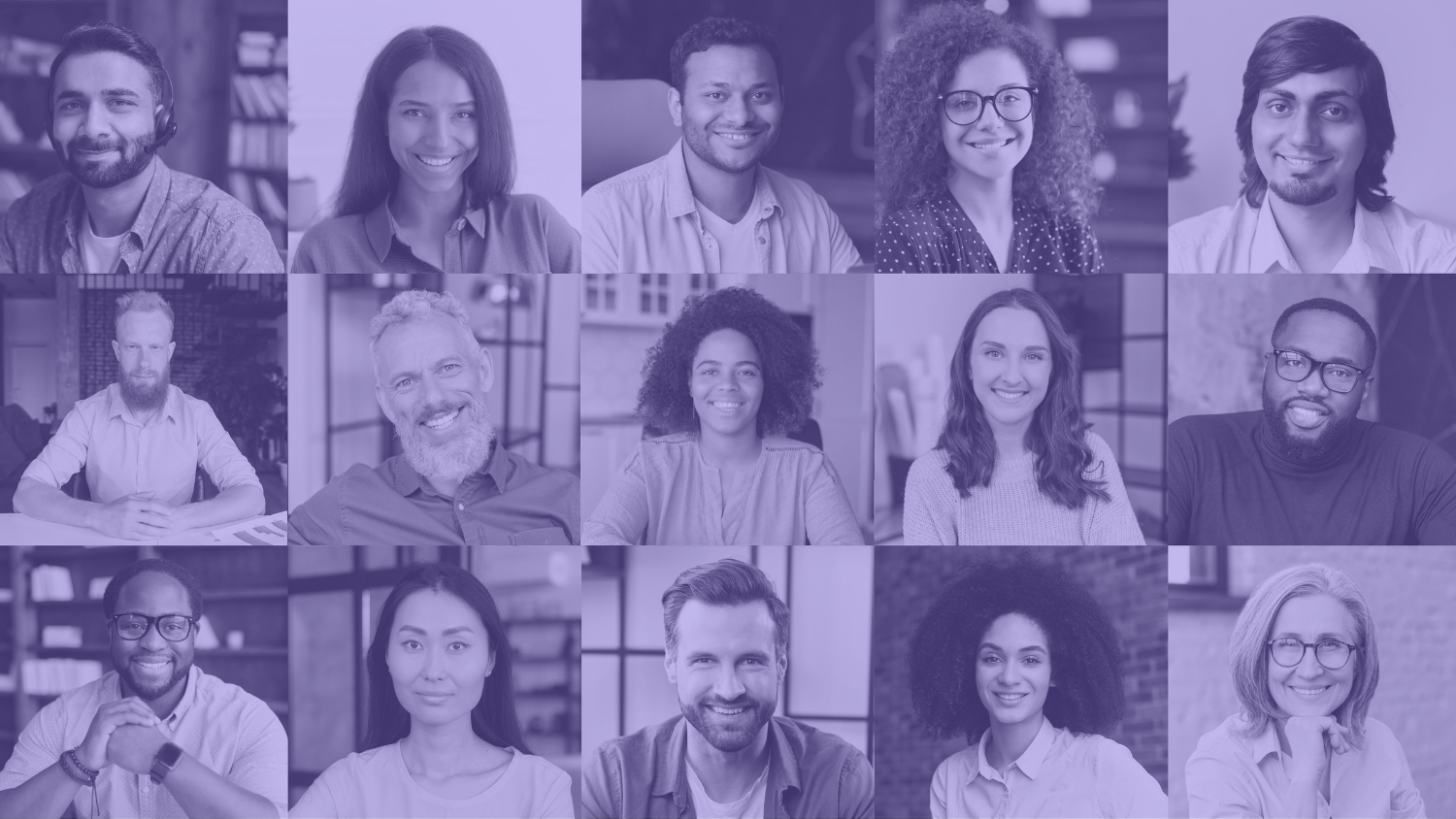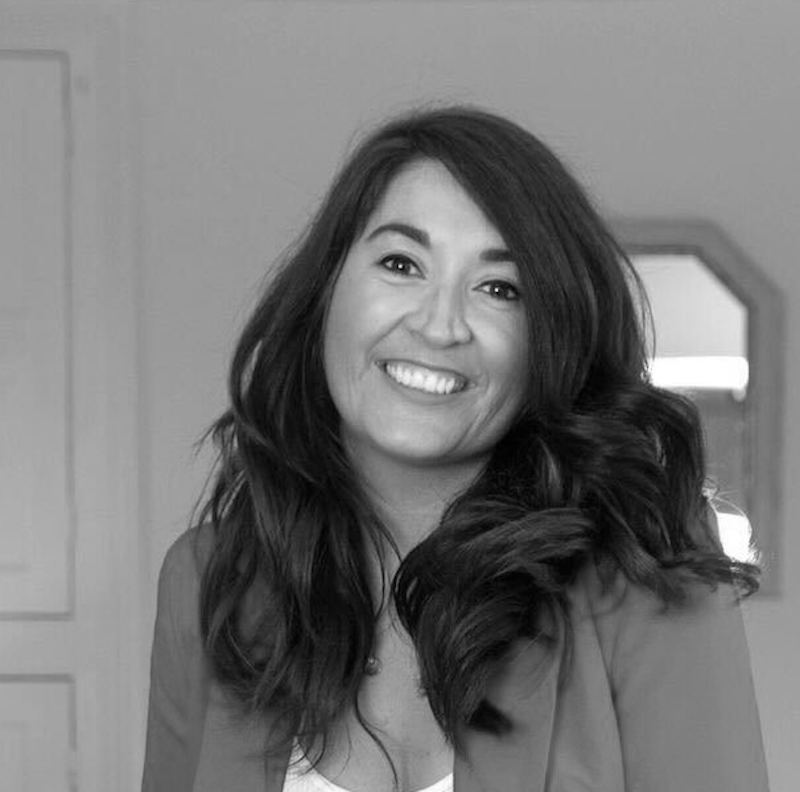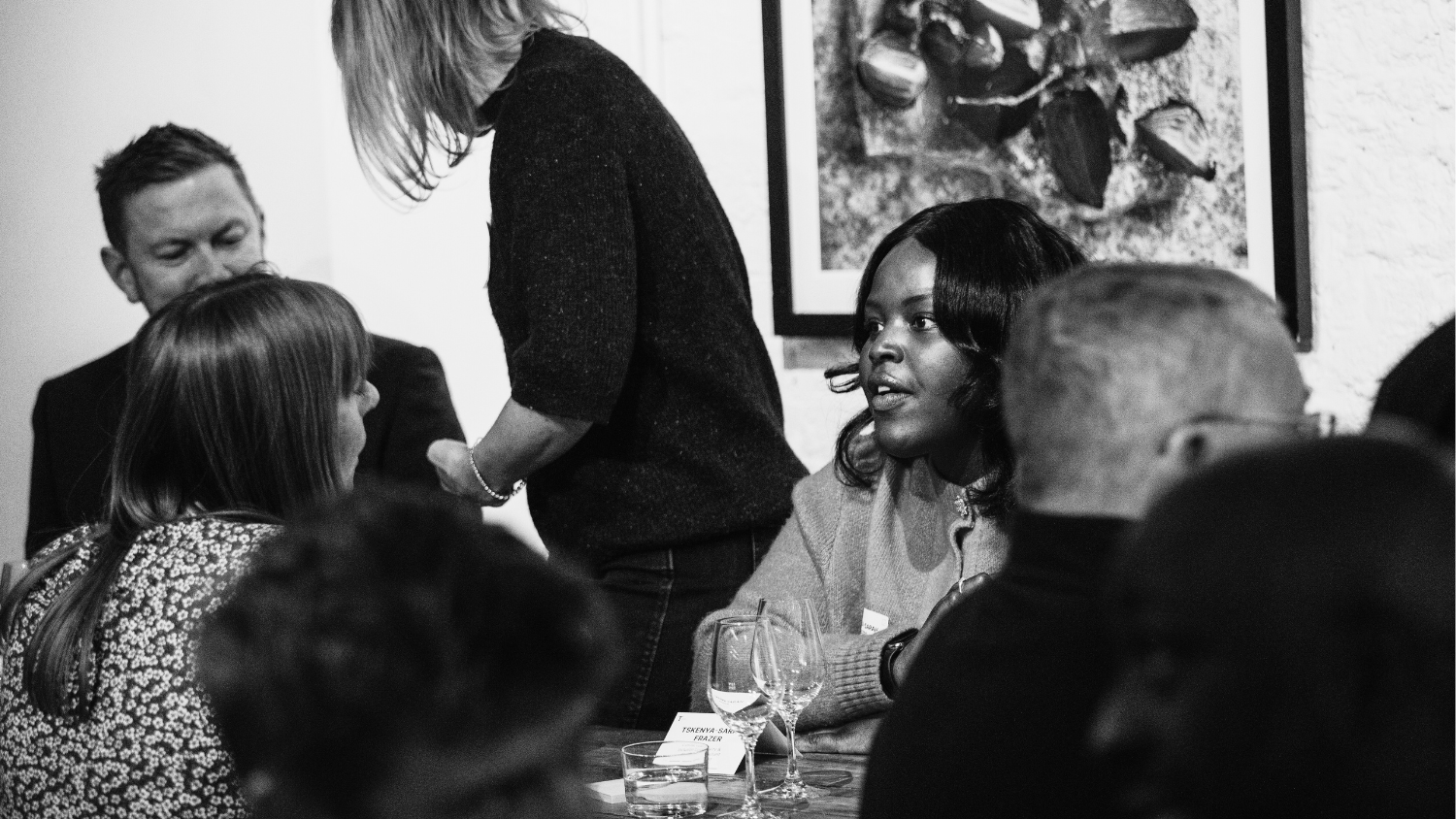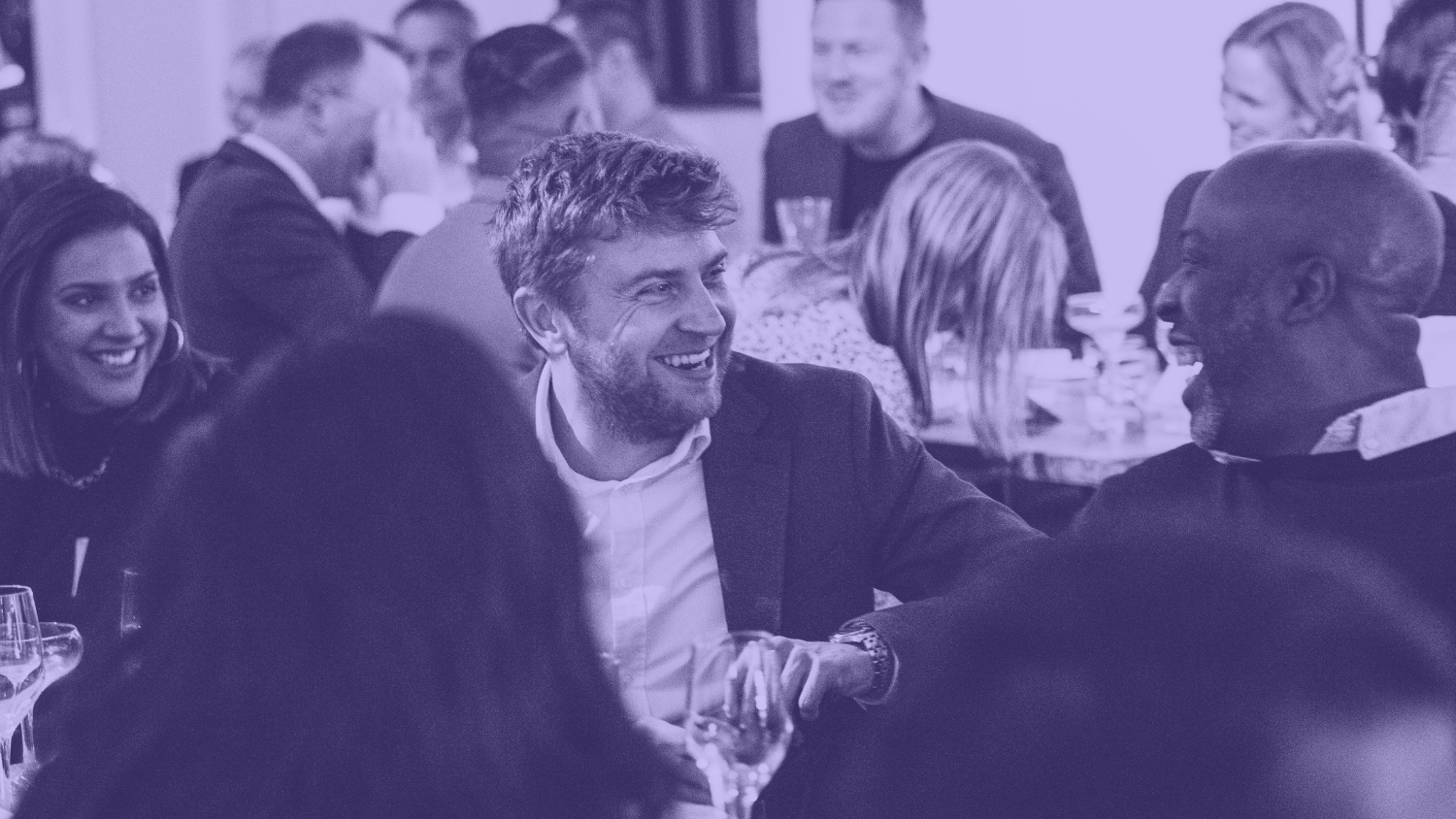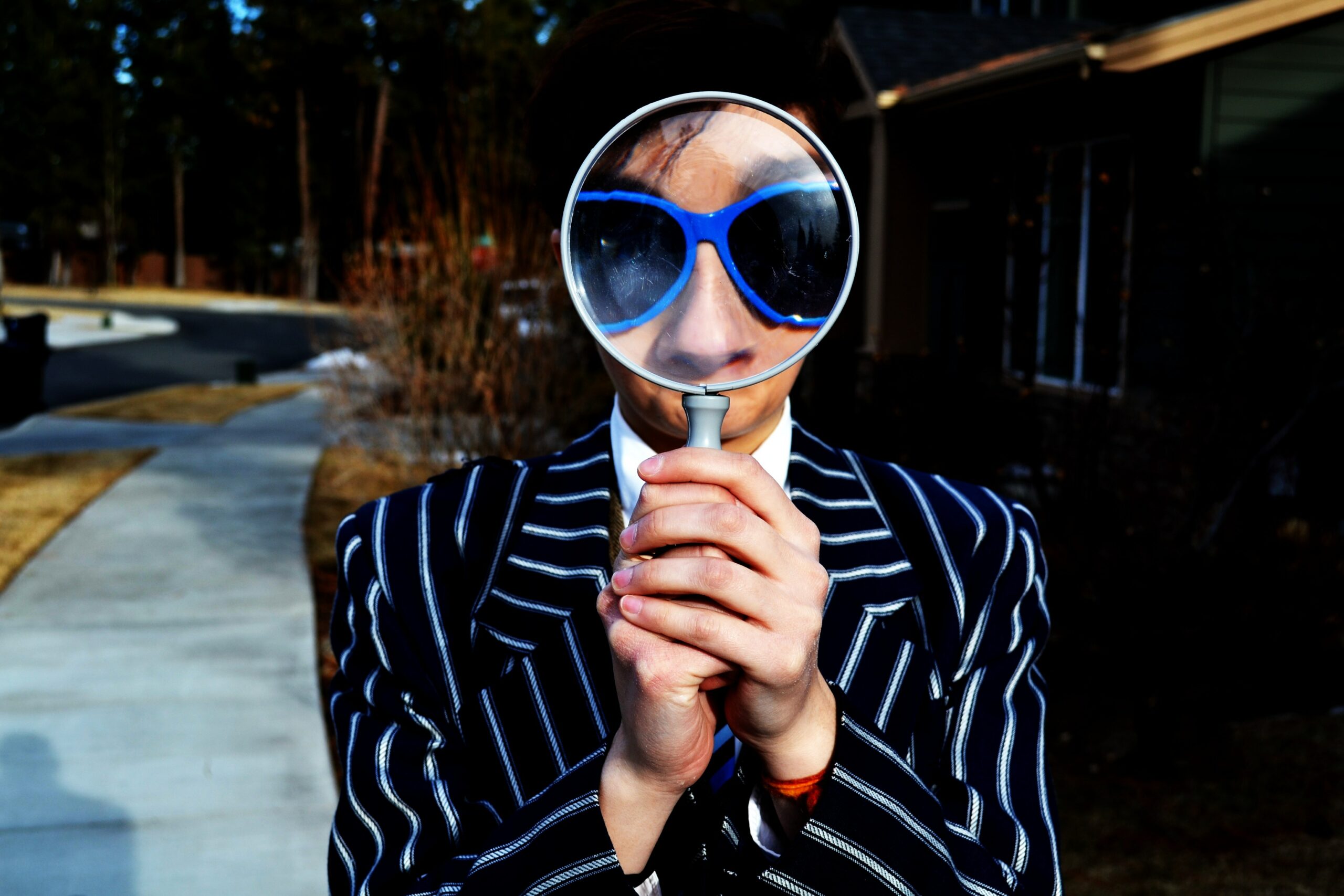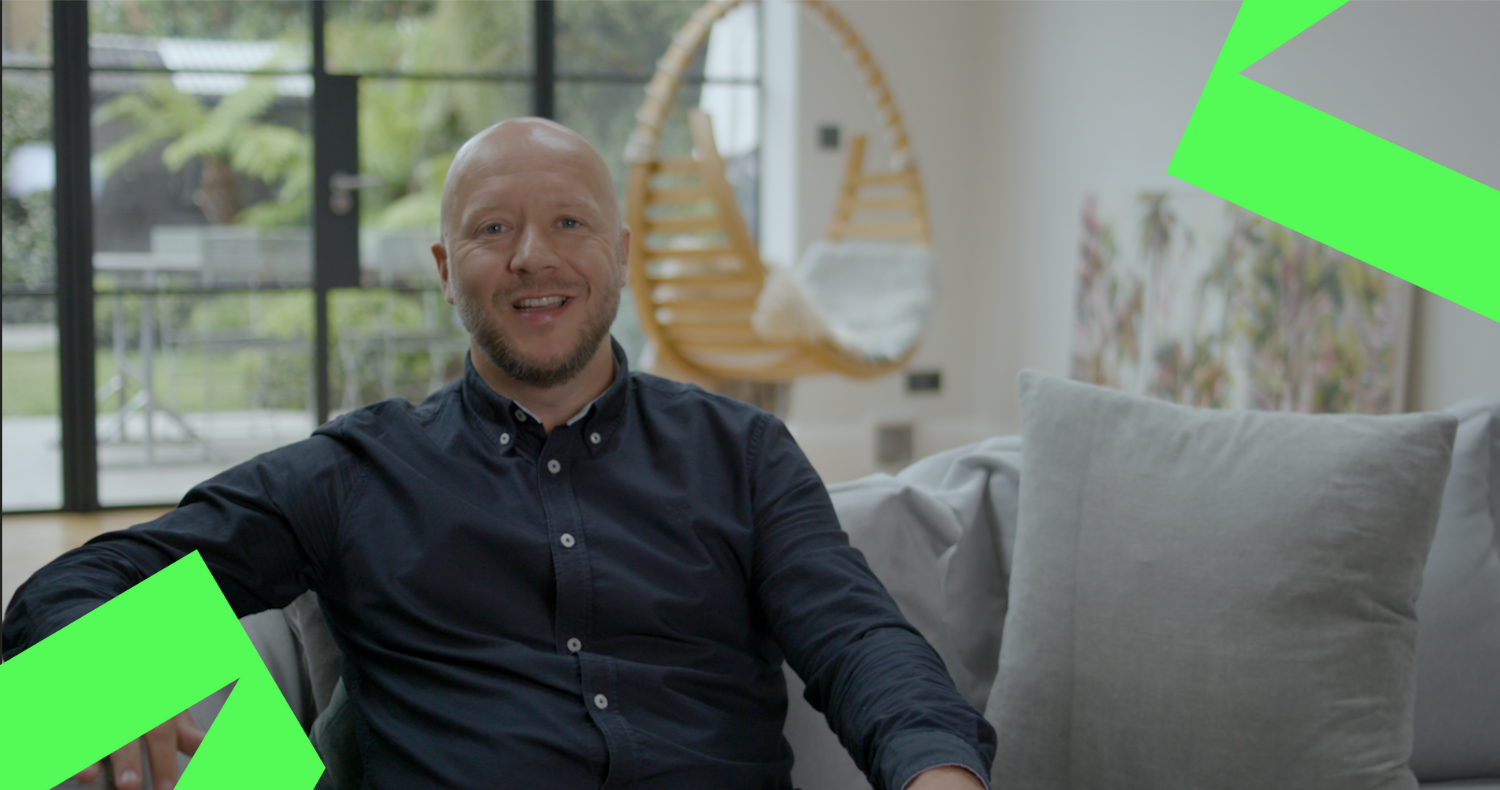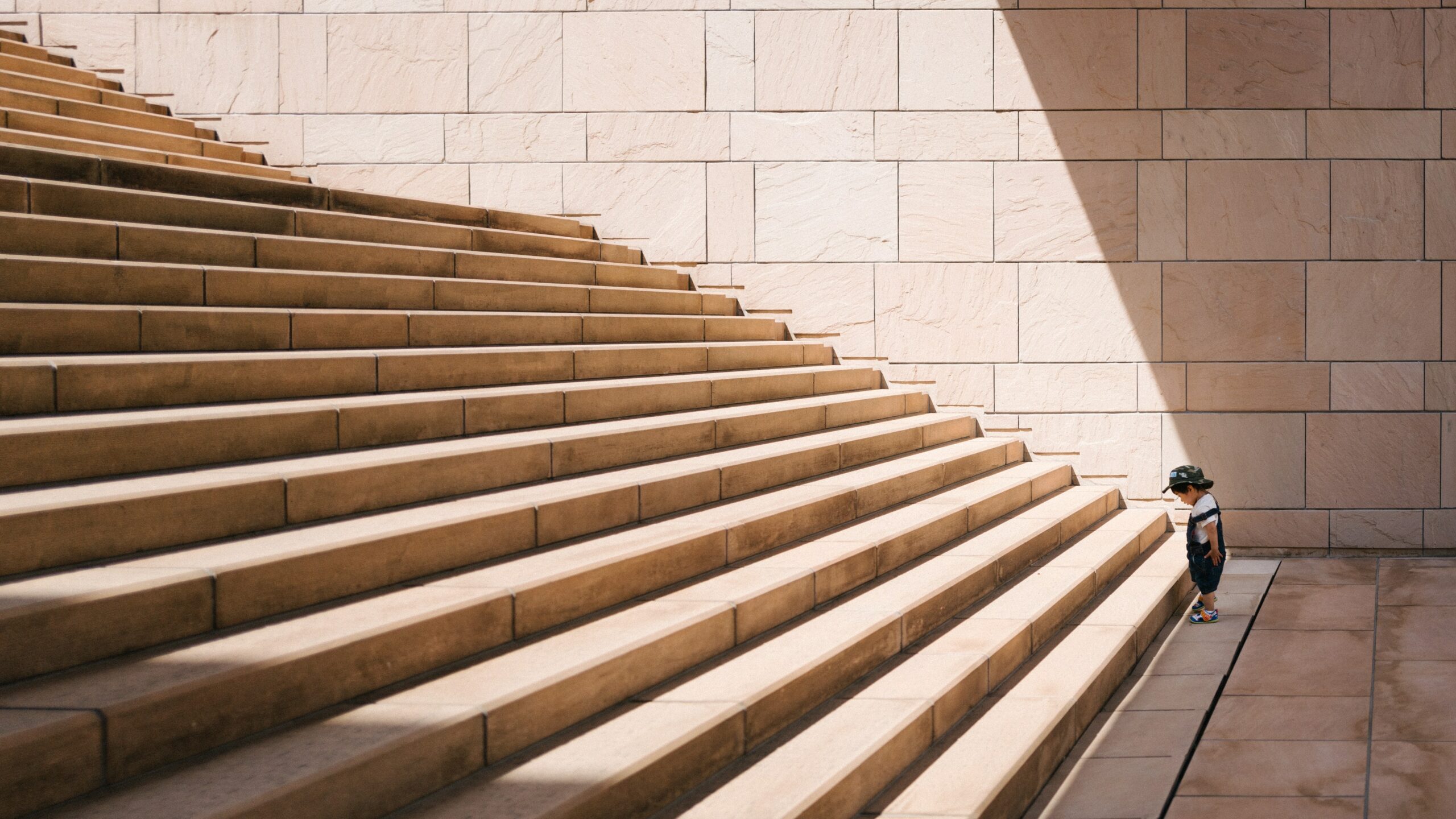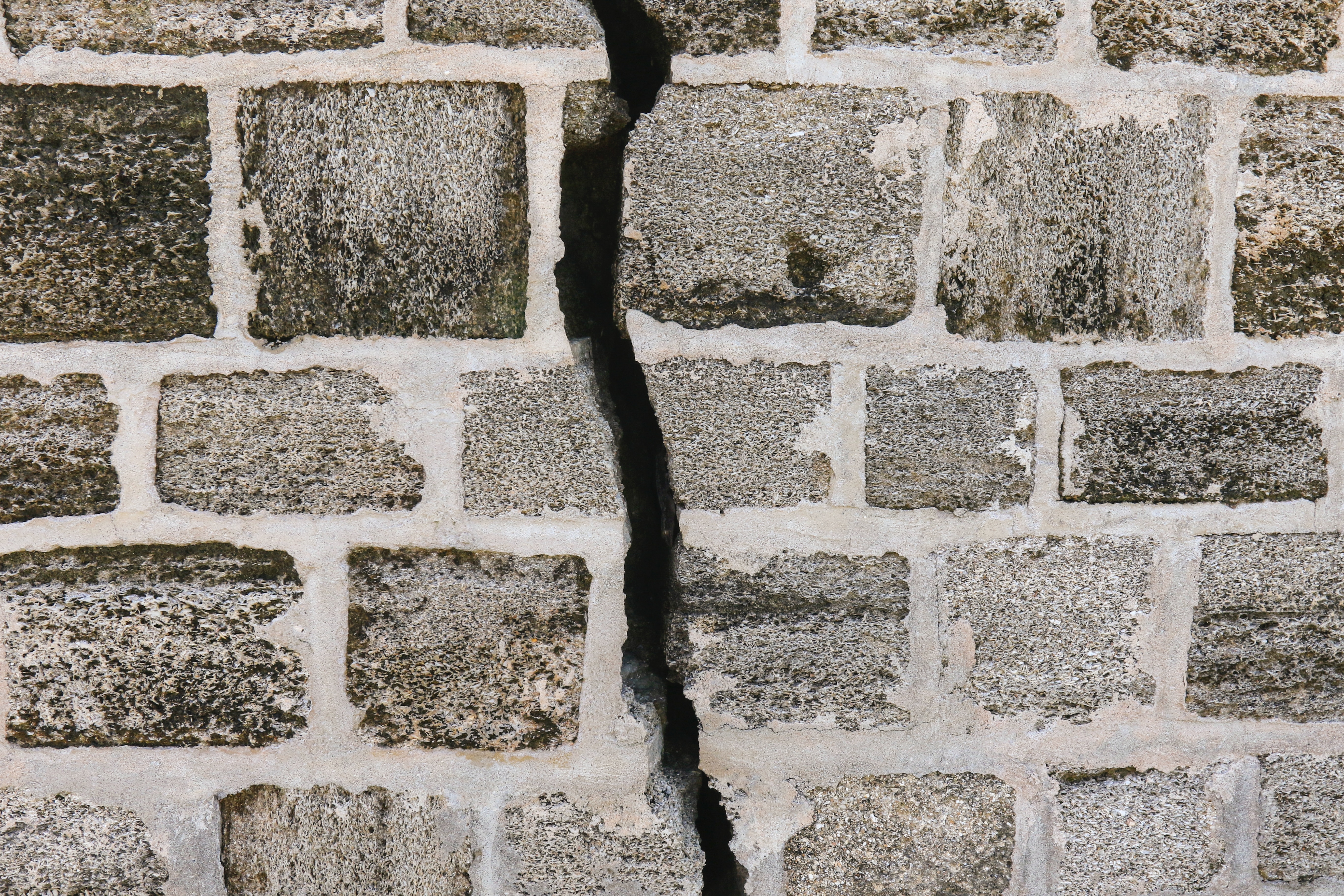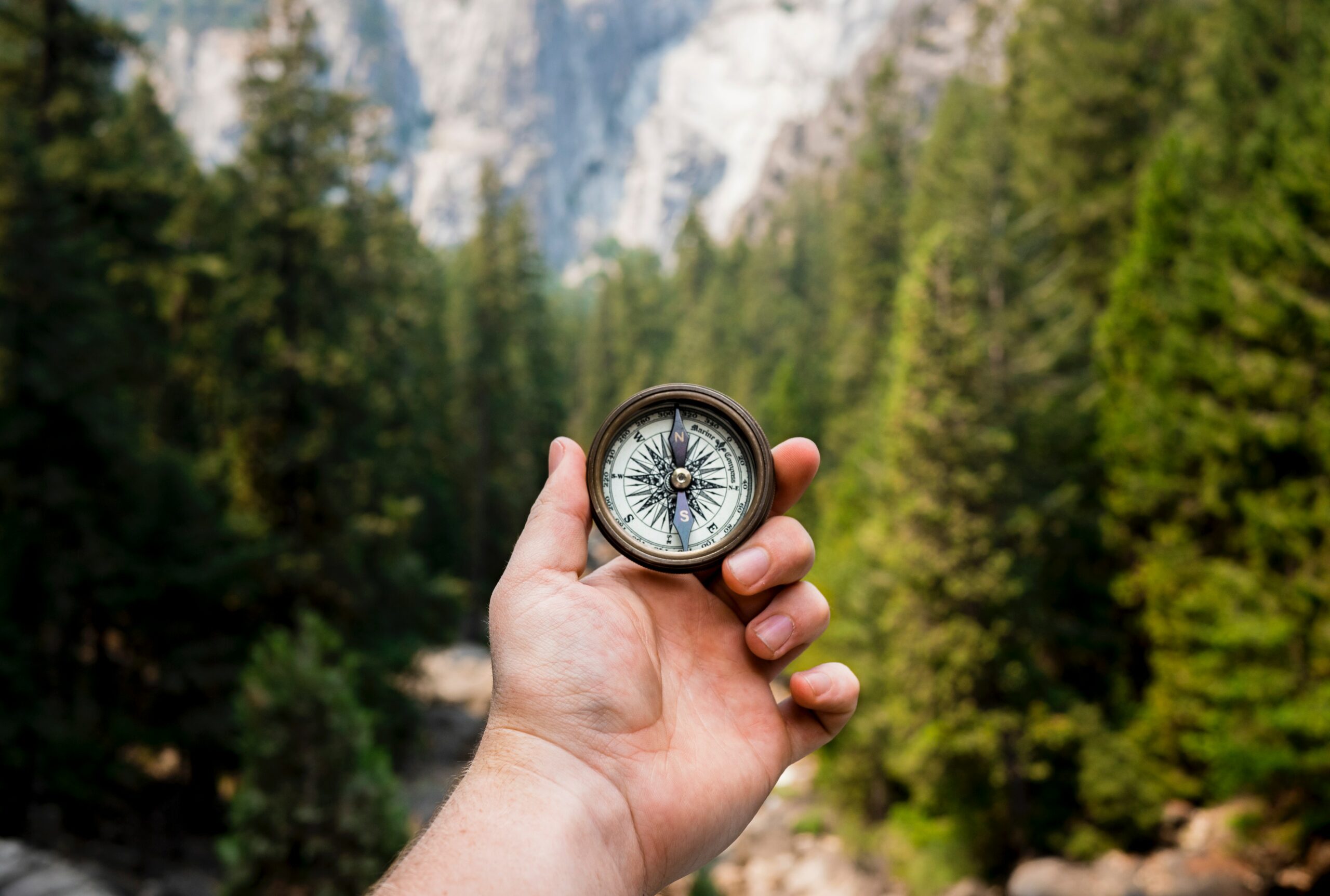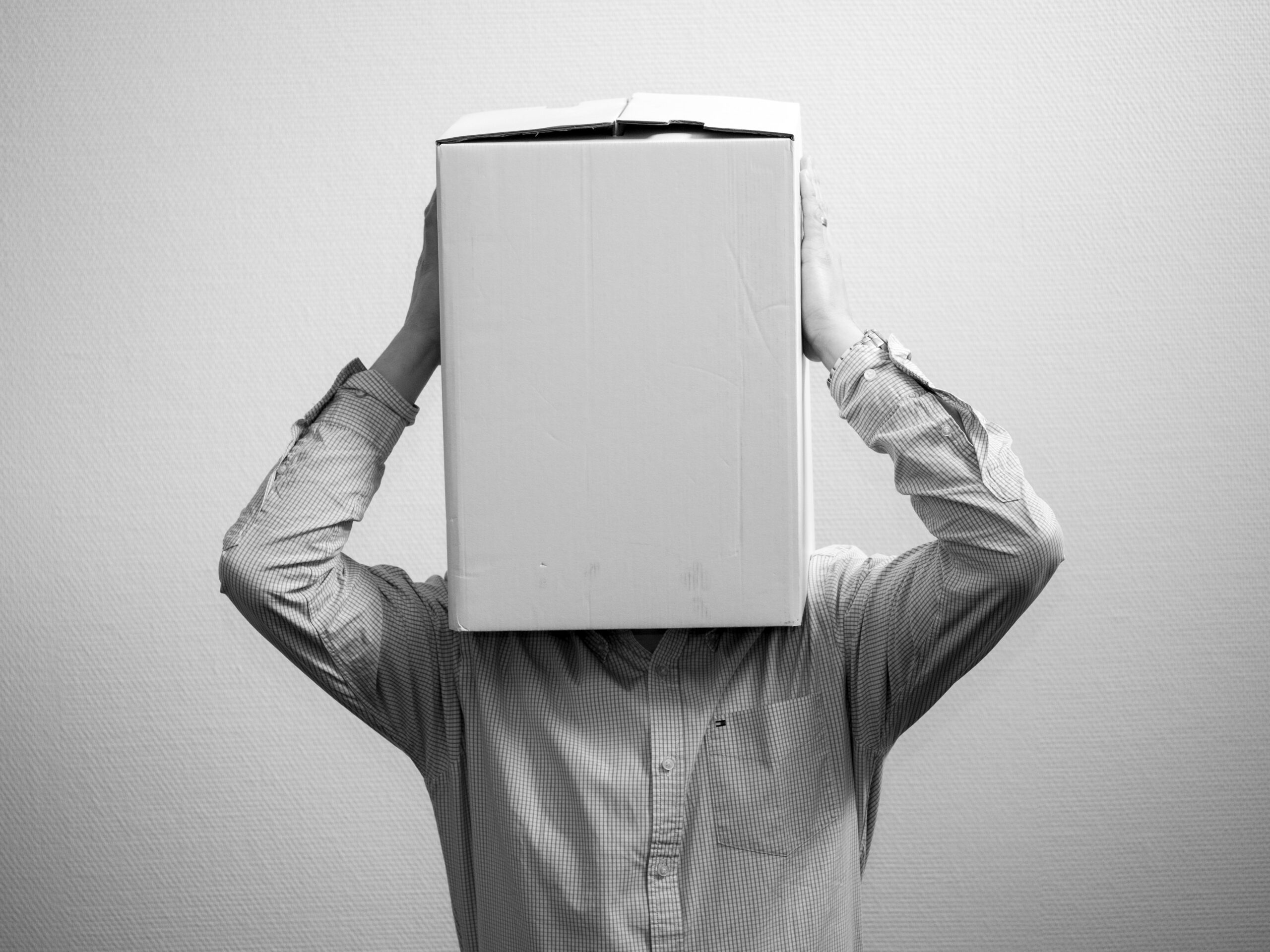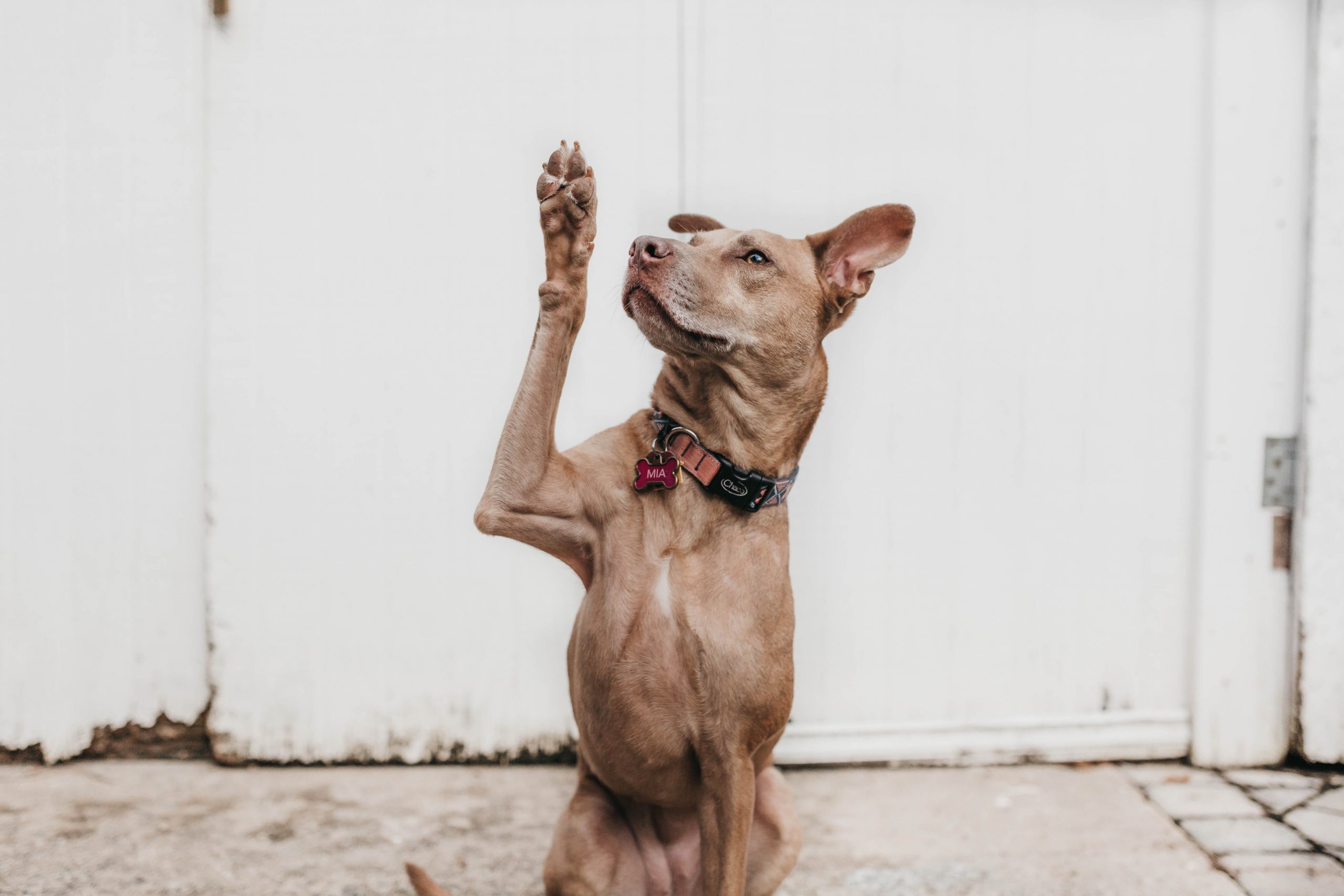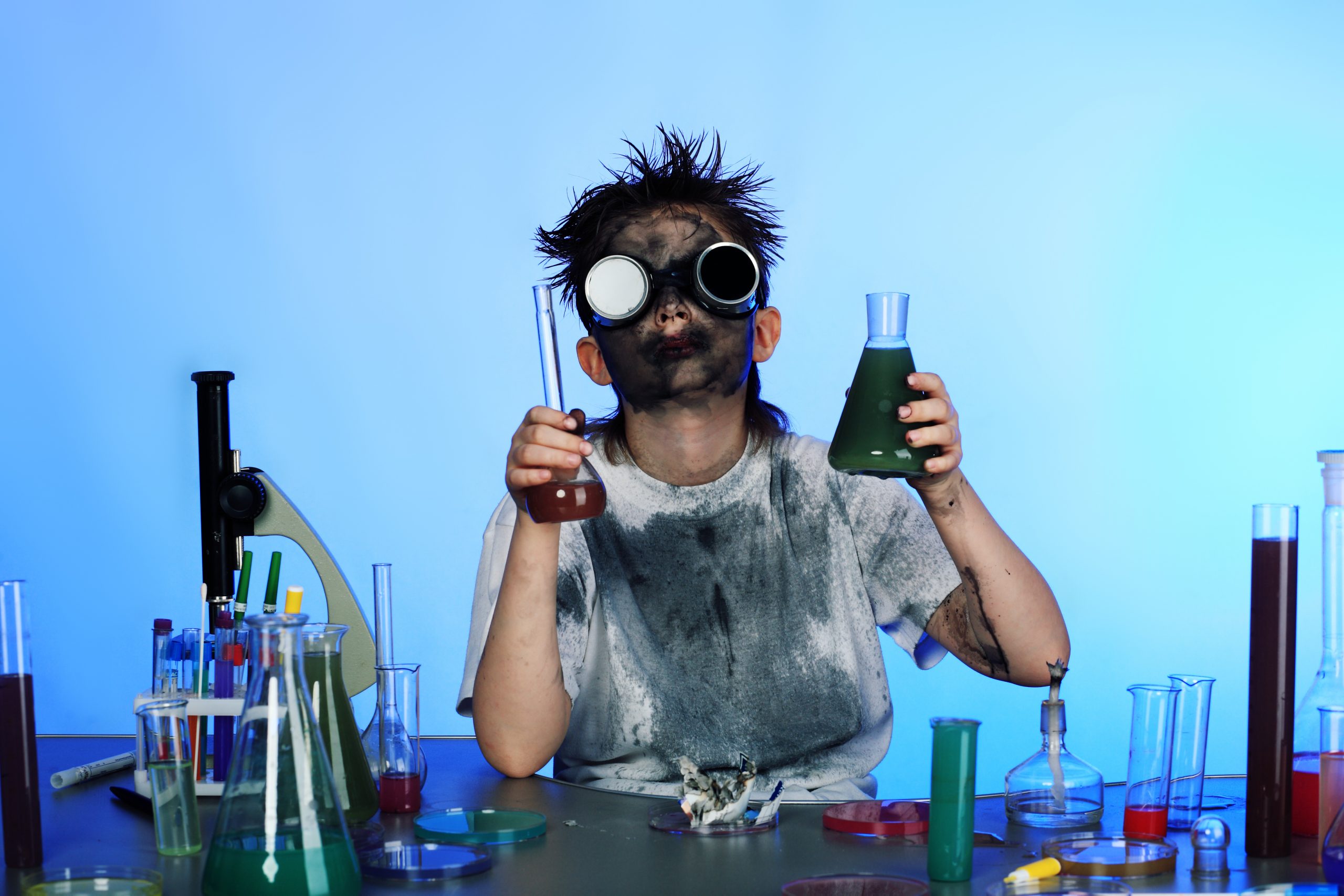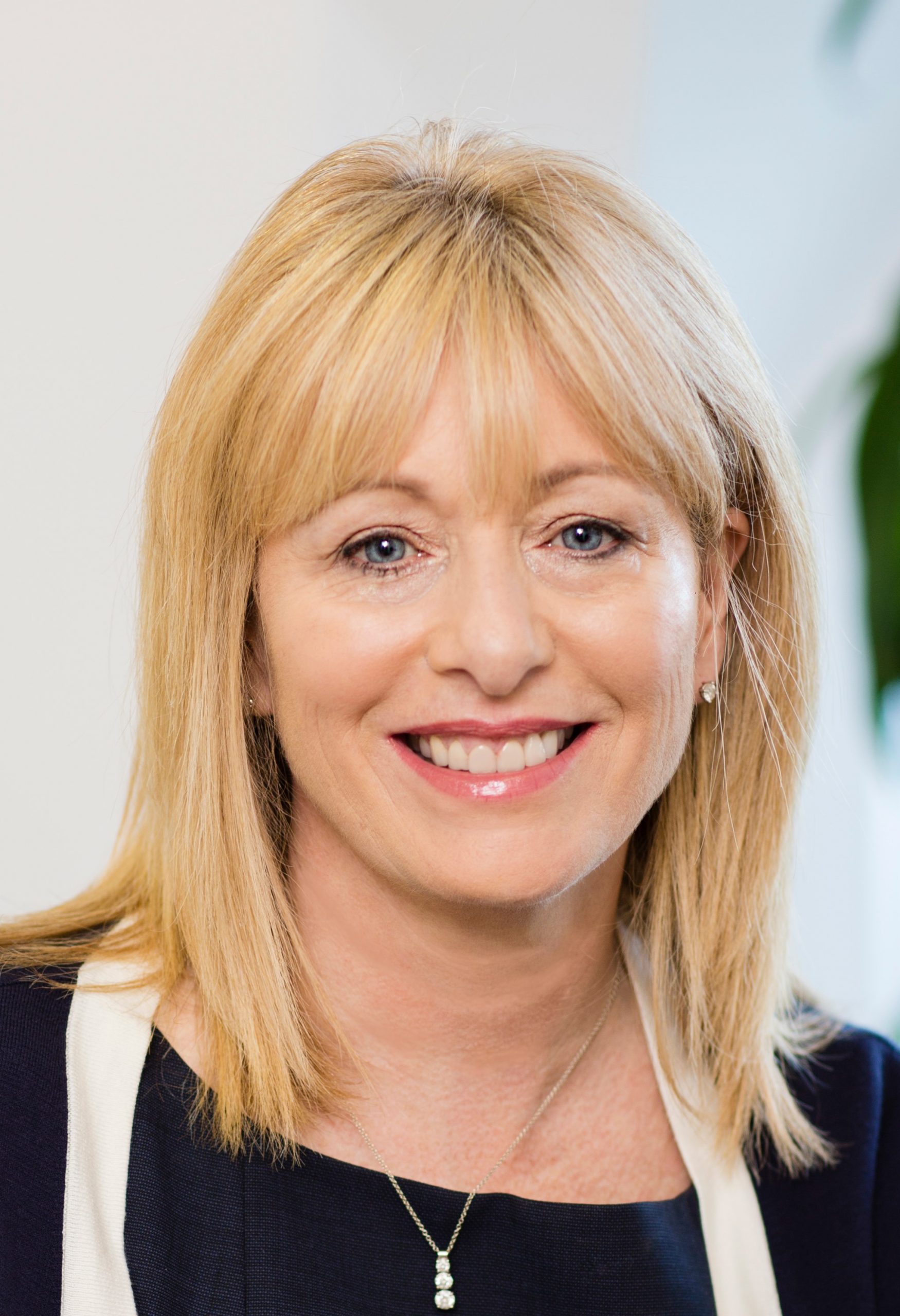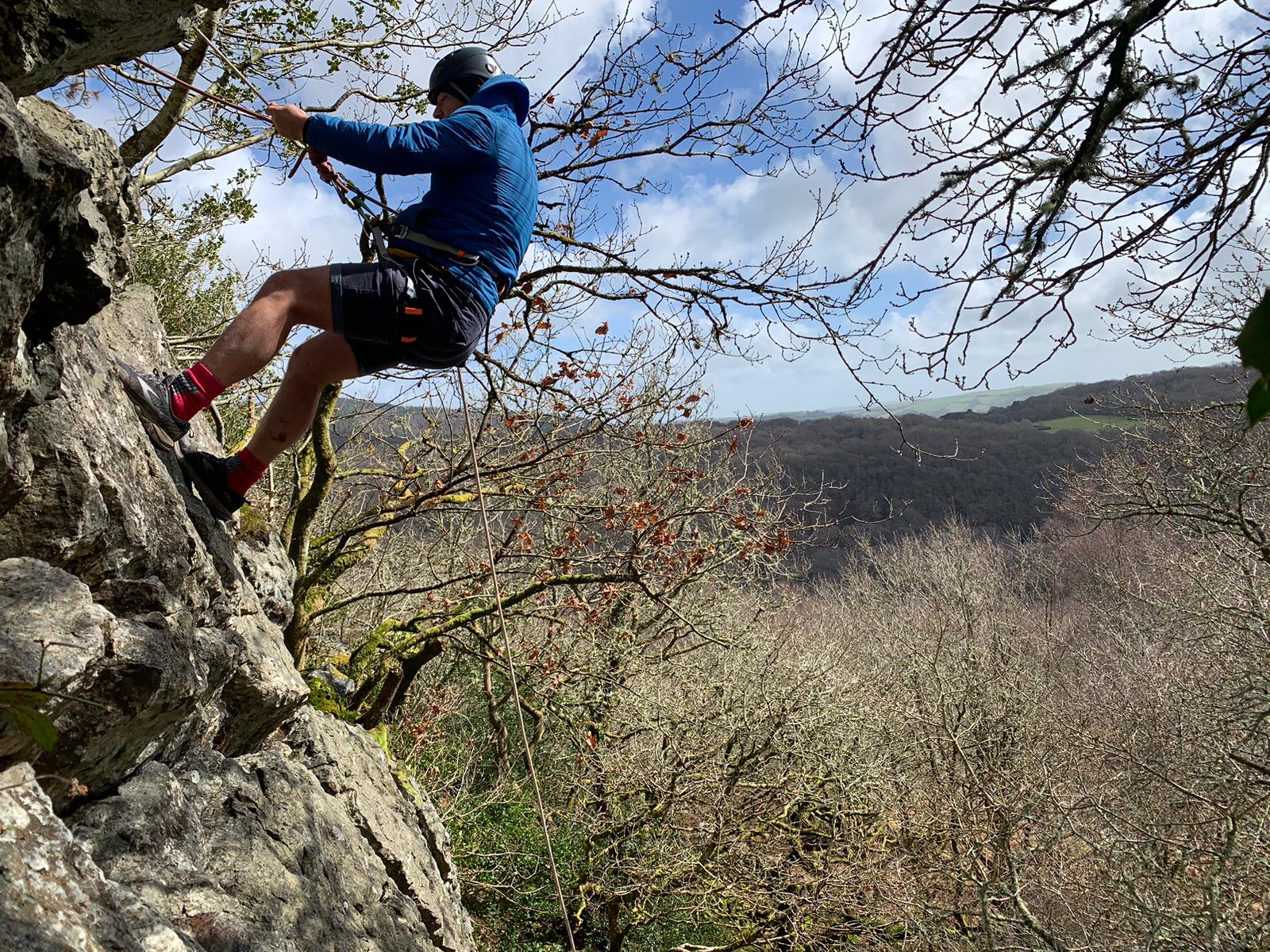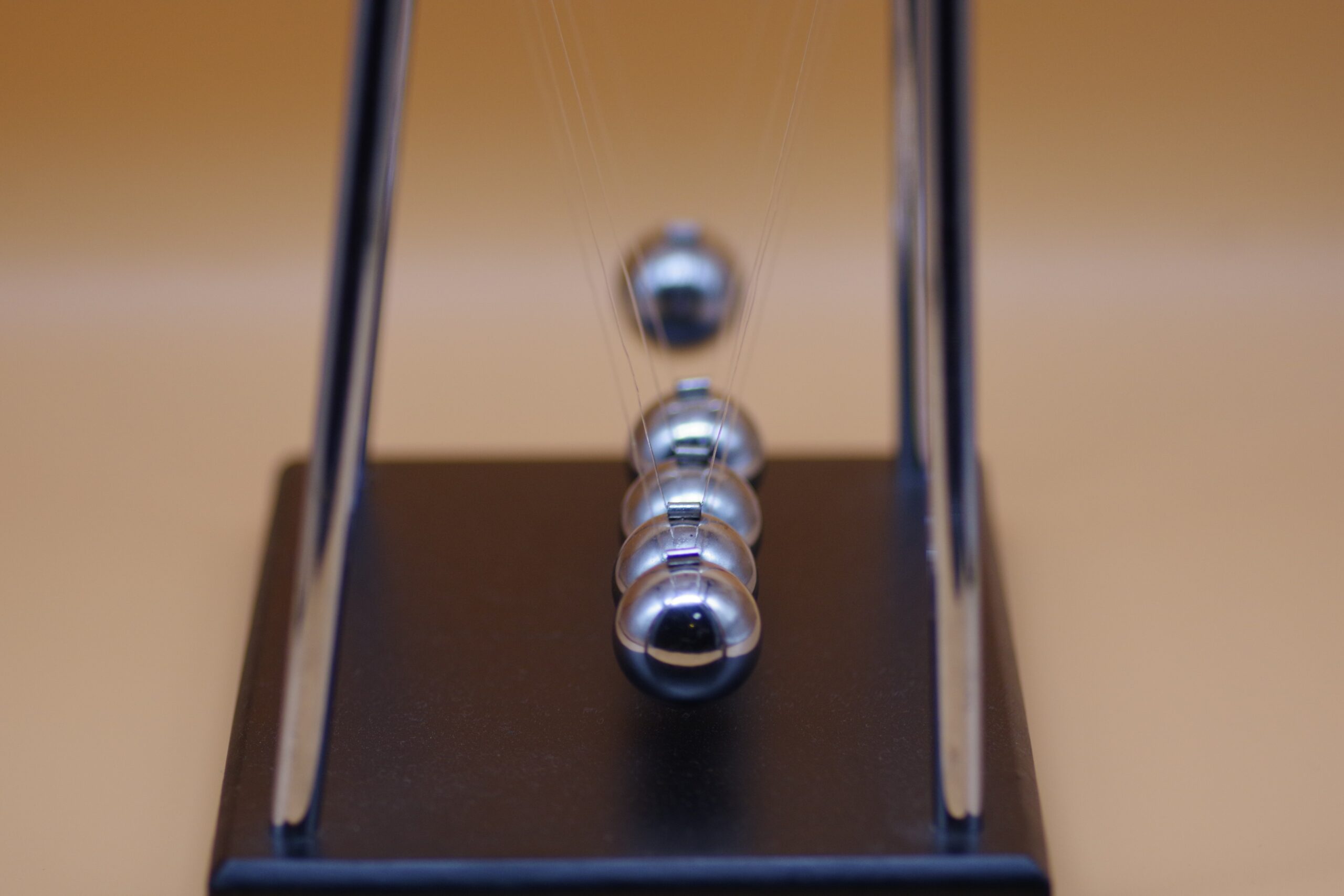
Experimentation underpins change and is the fuel for growth, including from innovation. It is critical to how we learn as an individual, within a team, project or at the organisational level.
Change in the context of uncertainty requires iterative improvement based on data and therefore must follow and experimentation cycle of Build > Measure > Learn.
We brought together leaders from around the world to discuss what are the barriers to experimentation, and how do we do it well?
Whether you’re working in an audit office or the R&D lab of a leading tech company, trying new things, taking risks and finding ways to learn from micro experiments (which aren’t going to risk the whole organisation) is critical to thriving in the disruptive times that we live in.
But faced with disruption and perpetual change, we have a tendency to stick to what we know. New ideas get stuck in analysis paralysis. Sometimes it feels like the corporate immune system is determined to kill anything new. Experimentation is cast off to a far flung department, perhaps in a different city, where there are different rules, processes and cultures.
We know that finding the balance between executing well (based on what worked in the past) and trying new things isn’t easy for leaders.
But what if we want to embed experimentation into our culture, as a mindset, beyond product innovation? How can we ensure this learning survives?
Ian Forshew, creative innovation extraordinaire with a flair for experimentation, innovation and behavioural change programmes.
Ben Foulkes, Business psychologist helping leaders create organisations where people love to work and a Director at T-.
Emma Rapoport, Partner at T-minus and Executive Leadership Coach
Carlo Risi, Partner and Chief Commercial Officer

